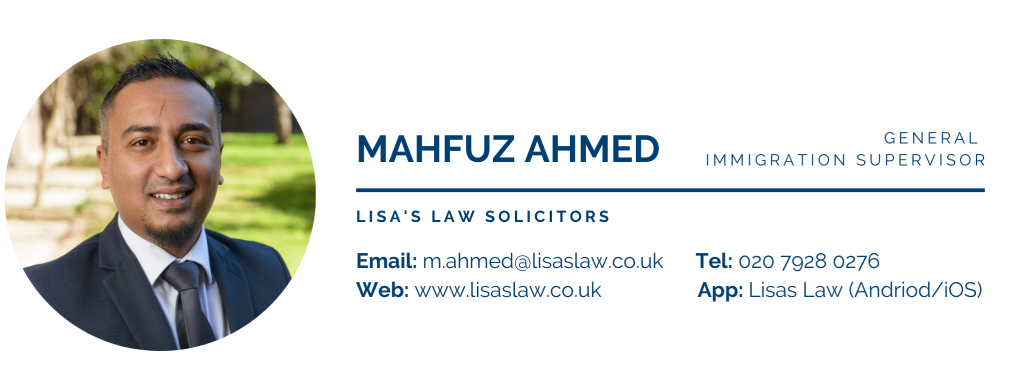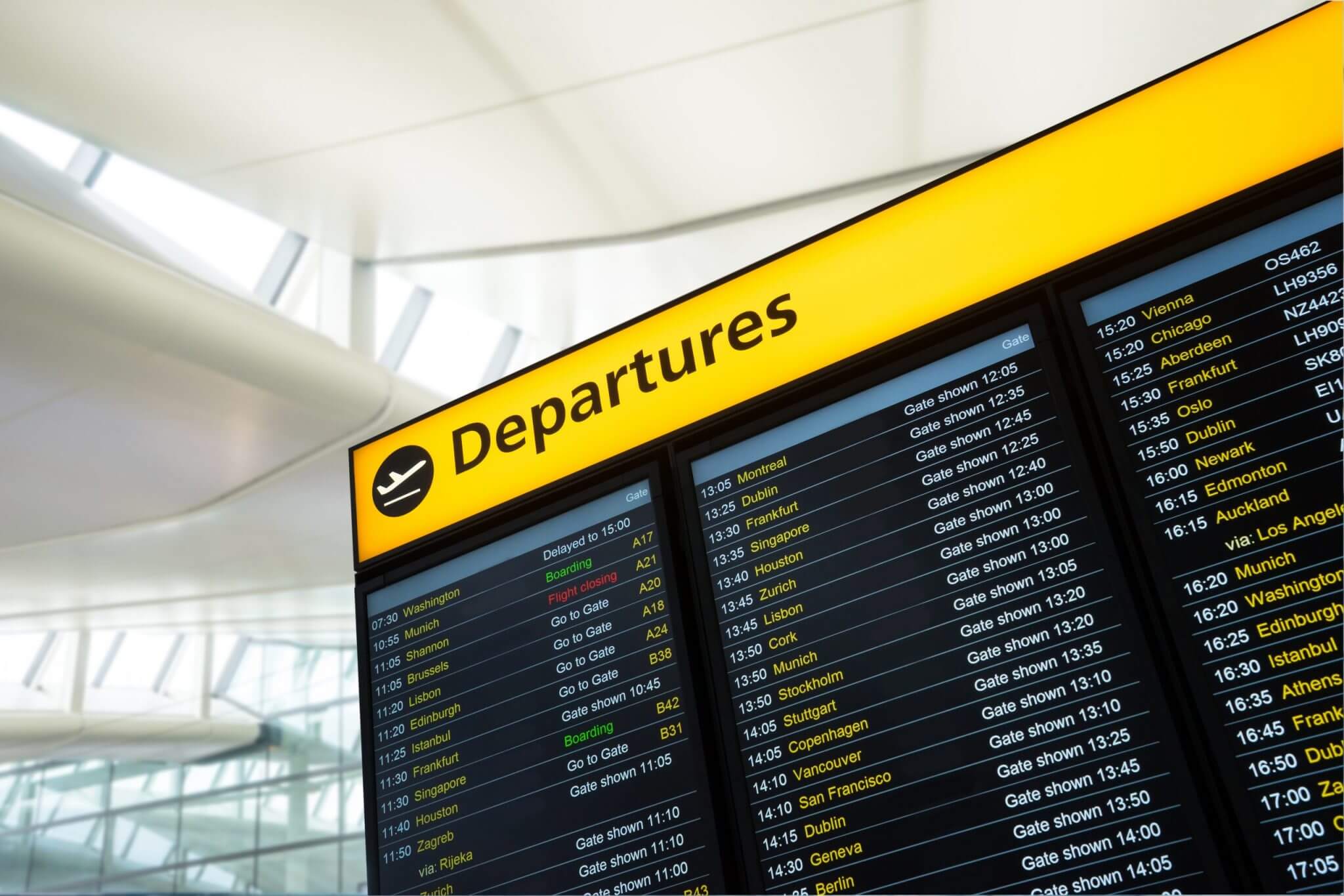“Japanese knotweed”. The mere mention of this plant is enough to strike fear in the hearts of homeowners, property developers and landlords up and down the country. However, the High Court made a recent key judgment which marks a new milestone in the “Japanese knotweed debate” and may turn the tide on who bears responsibility for Japanese knotweed in property disputes.
In this case, Japanese knotweed grew on a piece of council land which was neglected all year round which resulted in it invading the property of a nearby homeowner, Marc Davies. This subsequently caused the value of the property to plummet. As a result, Davies took legal action against Bridgend County Borough Council in south Wales. The two sides battled in court for several years, with Davies eventually winning £4,900 in damages.
Although the amount of compensation is not particularly high, the local council is facing a £300,000 legal bill. Another interesting aspect of the case is that the lawyer in charge became popular overnight after winning the lawsuit. He has already acted in roughly 200 cases, and expects to take in a further 100, with claims amounting to as high as 10 million pounds.
Keep reading to learn more about the latest development in the approach towards Japanese knotweed.
Background
The origins of this story first began back in 2004, when Marc Davies bought a property in a village near Bridgend, Wales. Davies found that there was an abandoned railway next to the property, with some plants were growing on the land of the railway. However, he did not realize that these plants were the infamous “Japanese knotweed”.
The first summer after Davies moved into his new property, he noticed the still unidentified plants were growing at an alarming rate. Later, the plants also gradually moved from the railway across the clearing and from the clearing into the garden border of Mr Mark’s property.
It was not until 2017 that he identified the plant as “Japanese knotweed”. Davies said on the situation: “I felt helpless because it was the roots that had encroached under my land, and although Japanese knotweed was touching my boundary I could not physically see its presence on my land.”
In 2019, Davies raised the issue with the local council. It is understood that the local government had only been dealing with the Japanese knotweed problem since 2018.
However, due to the existence of the plant, Davies’ property value was lost, even after the plants were treated. Due to the knotweed, Davies argued he was unable to carry out landscaping works or put up a shed or building in his garden. He sold the property at a greatly reduced price from needing to declare the presence of knotweed to the new buyer. Davies then filed a lawsuit over the value of his property, seeking compensation from the local government for his losses.
Decision
Despite winning his initial case, Davies was denied damages as the two judges ruled that the law does not allow knotweed damages for economic loss. The Welsh Magistrates Court said Japanese knotweed had been on council land for more than 50 years and had spread on Davies’ property even before he bought it.
Davies refused to accept the decision and appealed to the court. According to his lawyer Tom Carter:
“The judge was wrong to find that diminution in value was not recoverable because although it was consequent on a nuisance, it was pure economic loss because there was no physical damage. The presence of knotweed rhizomes in the soil constitutes damage. Damages for diminution in value are consequential loss, being consequential on that damage. They are not pure economic loss.”
On appeal, the High Court judge agreed, stating that the decline in the property’s value was a consequence of the nuisance caused by the knotweed.
Once that natural hazard is present in the claimant’s land – to a non-trivial extent – the claimant’s quiet enjoyment or use of it, or putting it another way the land’s amenity value, has been diminished.
“For the purposes of the elements of the tort of nuisance, that amounts to damage and it is the result of a physical interference. If consequential residual diminution in value can be proved, damages on that basis can be recovered. They are not pure economic loss because of the physical manner in which they have been caused.”
In the end, Davies won the senior judge’s ruling. Davies has the right to claim compensation from the local government for the knotweed. He is understood to have been awarded £4,900 in compensation. In addition, the local government must pay the legal fees of roughly 300,000 pounds.
Our thoughts
This longstanding case has had many twists and turns, and the lower court and the higher court had different views. After several years, the owner eventually won compensation. This case is very representative of many situations and could affect thousands of other homeowners who have been affected by Japanese knotweed. More importantly, this case may open up similar claims against local governments and railway companies.
The Davies case also sets an important precedent, which is that the loss of the value on the house from Japanese knotweed can be recovered. We would suggest that anyone who can prove that knotweed grows on their land or on private property, and that the knotweed came from property owned by the government or a railway, can sue for damages.
What should you do if your neighbour has Japanese knotweed?

Japanese knotweed continues to be a common issue. Recently, an accountant named Jeremy Henderson sold his South London home and was left with a £200,000 court bill after Japanese knotweed was found in his garden. This highlights the danger of the presence of Japanese knotweed.
If your neighbours have Japanese knotweed on their property, they are not legally obliged to remove Japanese knotweed from their own property. However, if Japanese knotweed starts encroaching on your property, it constitutes a private nuisance and your neighbours can therefore be taken to court. Growing or causing Japanese knotweed to grow in the wild is an offense under the Wildlife and Countryside Act 1981. Owners who let Japanese knotweed spread can end up being fined £5,000 or even jailed.
Therefore, it is the property owner’s responsibility to check their homes for Japanese knotweed and, if present, to stop the spread of Japanese knotweed from your land immediately.
If you find Japanese knotweed on your neighbour’s land, we recommend:
1. First step, make sure the plants you identified are actually Japanese knotweed.
Japanese knotweed can be difficult to identify, especially since the rhizome (or root system) can develop underground. We strongly recommend that as soon as you suspect Japanese knotweed in a neighbour’s home, you have it evaluated by an expert immediately.
2. The second step, once you confirm that the plants are Japanese knotweed, notify your neighbours immediately.
Many times, your neighbours may not even know this weed is growing in their garden. If left unmanaged for long periods of time, it can cause significant damage. You can warn your neighbours of the possible hazards the knotweed may pose and their possible legal liability, giving them the opportunity to rectify the problem immediately.
We recommend that you notify them, preferably in writing, so that you can record when you discovered the problem in case you need it in the future. You can take legal action only after they become aware of the problem and fail to treat or remove Japanese knotweed.
3. Finally, take legal action as last resort. If your neighbour doesn’t take action, you can file a lawsuit in court seeking compensation.
If you think that your property is affected by Japanese knotweed in nearby properties, please contact Lisa Law Solicitors further, and we will be happy to assist you.
Have questions about this article? Get in touch today!
Call us on 020 7928 0276, our phone lines are open and we will be taking calls from 9:30am to 6:00pm.
Email us on info@lisaslaw.co.uk.
Use the Ask Lisa function on our website. Simply enter your details and leave a message, we will get right back to you: https://lisaslaw.co.uk/ask-question/
For more updates, follow us on our social media platforms! You can find them all on our Linktree right here.


















